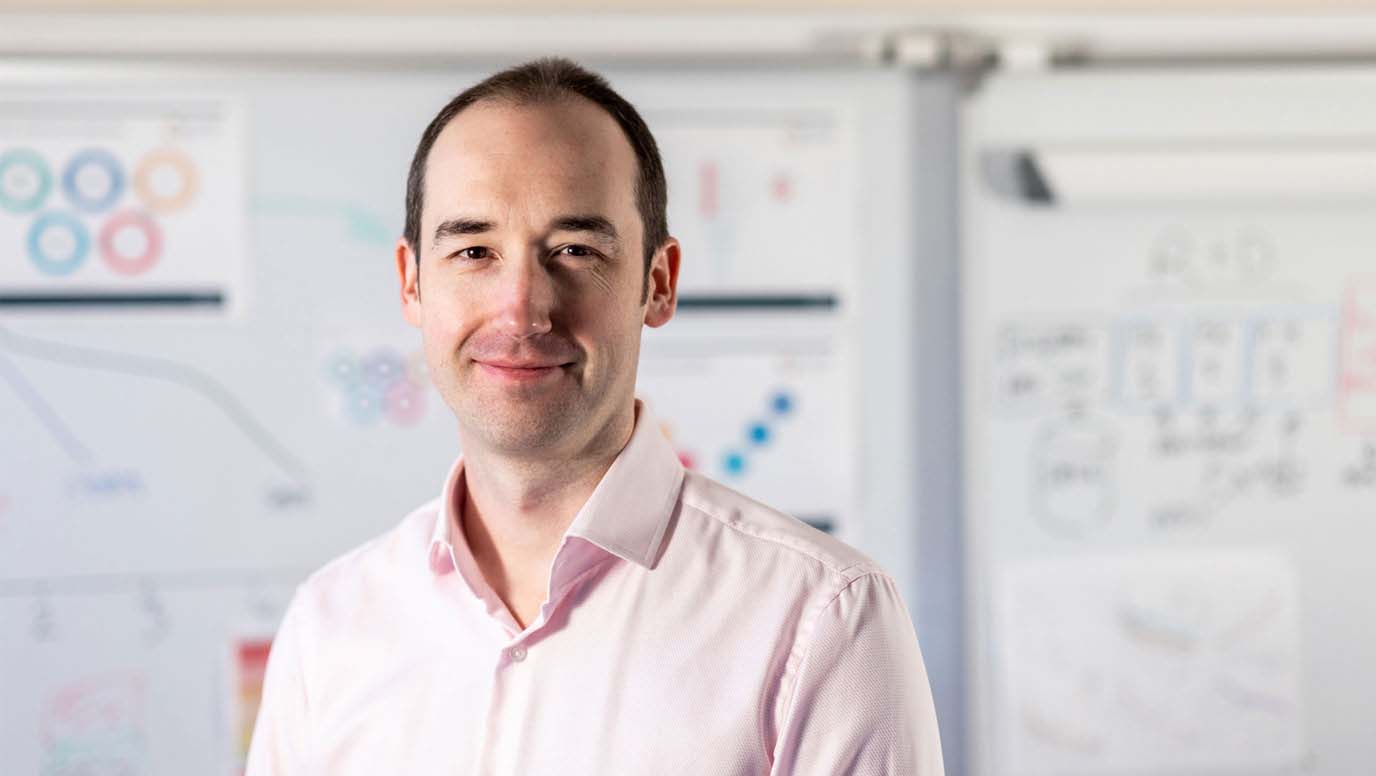Sano Genetics lights the way to fresh hope for MND sufferers

The initiative aims to progress research in the disease through advanced genetic sequencing and peer support. Rugby League legend Rob Burrow recently died from the disease.
Backed by government funding from Innovate UK and with the support of partners including the UK MND Research Institute, the Light the Way research programme is offering genetic tests to individuals with a family history or a diagnosis of MND.
By testing at-risk communities for key genetic variants, it will be possible to educate and support people with MND earlier, provide genetic counselling to those affected and facilitate their access to clinical trials for MND.
Also known as amyotrophic lateral sclerosis (ALS), MND is a debilitating neurological condition that gradually impairs the nervous system, leading to progressive loss of voluntary movement and death.
In the UK, the estimated lifetime risk is 1 in 300, with approximately 5,000 people living with the condition at any time. Critically, around one in five cases of MND are believed to have a genetic component, with over 40 genes linked to the disease.
The Light the Way programme, through a tech platform built and powered by Sano Genetics, will provide no-cost genetic testing, educational resources and tailored support developed by scientific experts and genetic counsellors to help individuals at risk of genetic MND understand their unique genetic profile.
Those registered for the initiative will be connected to a genetic counsellor to help them discuss whether testing is right for them. Participants will then receive a non-invasive, saliva-based DNA test kit to use at home.
During and after the testing process, Light the Way programme participants will continue to receive genetic counselling alongside support from peer networks. Participants will also be provided with updates on appropriate research opportunities as they arise.
Participants will also be invited to periodically self-report on their wellbeing over nine months in an observational research study. This data will be used to understand the psychological impact of learning about the risk of genetic MND in order to inform policy and practice.
The Light the Way programme leverages Sano Genetics’ technology to help at-risk communities better understand the condition and access treatment, support and clinical trials for MND which could help prolong a healthy life and drive research towards new treatment options.
In turn, Light the Way will also bring together genetic experts, healthcare professionals and patient groups to accelerate the understanding and development of new treatments for genetically-mediated MND.
The launch of Light the Way in the UK follows its rollout in the US earlier this year, including a Spanish-language version. Sano Genetics is actively seeking partners to continue to scale Light the Way’s global expansion.
Dr Paul Wicks, Vice President of Neuroscience and Scientific Advisor on Light the Way, Sano Genetics, comments: “MND is a fatal disease that demands urgent action. My work to combat the condition recently became more personal after a relative was diagnosed and I witnessed first-hand how challenging it was to secure the right information and support for our whole family throughout the process.
“Light the Way was born out of this frustration: helping individuals in the same situation to find research studies and trials and in turn, helping entire families manage their risk and the news of finding out they might carry a critical genetic variant.
“If people aren’t aware they have the variant, they can’t access emerging treatments. As more therapies are developed, the need to offer testing to these individuals is more important than ever.”
Charlotte Guzzo, Co-Founder and Chief Operating Officer, Sano Genetics, adds: “We are incredibly proud to be launching Light the Way as a pioneering source of information and support for individuals who carry genetic variants associated with MND as well as their families.
“By facilitating more widespread access to no-cost genetic testing, we also stand to accelerate the scientific research and understanding that goes into new treatments for genetically-mediated variations of the condition, increasing the options and support available to patients.”

